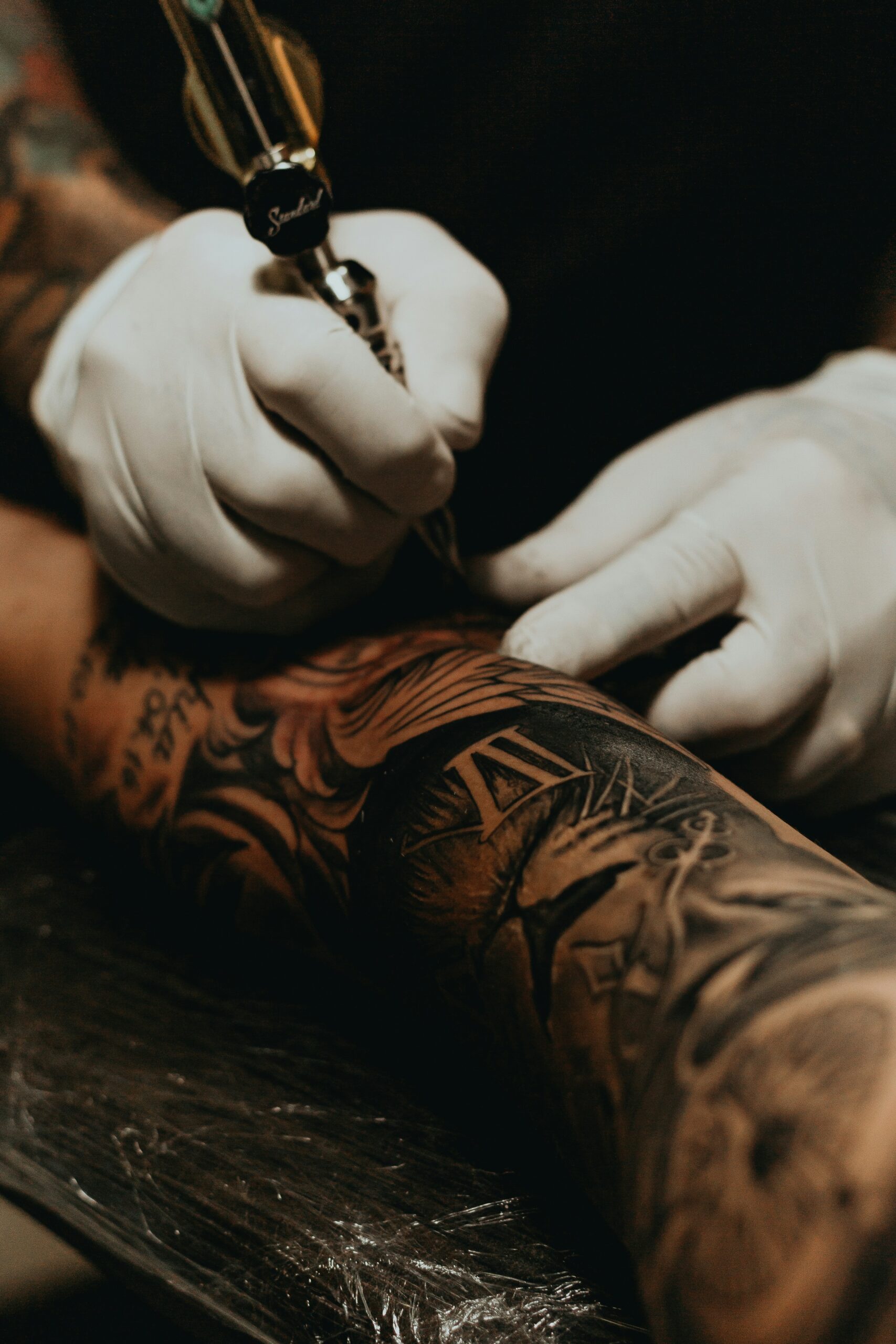The tattoo industry, once considered a countercultural niche, has evolved into a mainstream phenomenon. As the popularity of tattoos continues to grow, so does the industry’s environmental footprint. From the materials used to the waste generated, traditional tattooing practices can be surprisingly harmful to the environment. However, a rising trend within the industry is the shift towards eco-friendly tattoos, where sustainability and ethical considerations are prioritized. This article explores the various sustainable practices being adopted by tattoo artists and studios to minimize their environmental impact.
The Environmental Impact of Traditional Tattooing
Traditional tattooing involves several processes and materials that can be detrimental to the environment. Common issues include:
- Inks and Pigments: Many conventional tattoo inks contain heavy metals and synthetic dyes, which can be harmful to both the environment and human health.
- Disposable Supplies: The use of single-use plastic items such as ink caps, gloves, and razors contributes to significant plastic waste.
- Energy Consumption: Tattoo machines and other equipment require electricity, and many studios do not use energy-efficient appliances.
- Chemical Cleaning Products: Harsh chemicals used for cleaning and sterilizing equipment can be environmentally damaging.
Sustainable Practices in the Tattoo Industry
In response to these concerns, many tattoo artists and studios are adopting more sustainable practices. Here are some key strategies:
- Eco-Friendly Inks: Artists are increasingly turning to vegan and organic inks that are free from heavy metals and synthetic chemicals. These inks are not only safer for the environment but also reduce the risk of allergic reactions and other health issues for clients.
- Biodegradable and Reusable Supplies: To cut down on plastic waste, some studios are using biodegradable alternatives such as bamboo razors, eco-friendly wrapping films, and paper-based ink caps. Additionally, reusable items like stainless steel ink caps and metal grips for tattoo machines are becoming more popular.
- Energy Efficiency: Studios can reduce their carbon footprint by using energy-efficient equipment and renewable energy sources. Simple changes like using LED lighting, energy-efficient tattoo machines, and minimizing unnecessary electricity use can make a significant difference.
- Green Cleaning Products: Switching to eco-friendly cleaning products that are biodegradable and non-toxic helps to minimize the release of harmful chemicals into the environment. This includes using natural disinfectants and steam sterilization methods.
- Recycling Programs: Implementing comprehensive recycling programs for paper, plastics, and metals helps reduce the amount of waste sent to landfills. Some studios also partner with specialized waste management services to ensure that hazardous materials are disposed of responsibly.
- Water Conservation: Tattooing can use a lot of water for cleaning and sterilization. Water-saving practices, such as using high-efficiency washing machines and mindful water use, contribute to sustainability efforts.
- Education and Advocacy: Many tattoo artists are also becoming advocates for sustainability within the industry. By educating clients and fellow artists about the importance of eco-friendly practices, they help to promote a broader cultural shift towards environmental responsibility.
The Role of Clients in Promoting Sustainability
Clients also play a crucial role in the push towards sustainable tattooing. By choosing studios that prioritize eco-friendly practices and asking about the materials and methods used, clients can drive demand for greener options. Additionally, clients can support the movement by spreading awareness and encouraging others to consider the environmental impact of their tattoos.
The Future of Sustainable Tattooing
The trend towards eco-friendly tattoos is still gaining momentum, but its future looks promising. As more artists and clients recognize the importance of sustainability, the industry is likely to see further innovations in green practices and products. This shift not only benefits the environment but also enhances the health and safety of both tattoo artists and clients.
In conclusion, the tattoo industry is undergoing a significant transformation as it embraces sustainability. By adopting eco-friendly practices, tattoo artists and studios are demonstrating that it is possible to honor the ancient art of tattooing while also protecting the planet. Whether you’re a seasoned tattoo enthusiast or considering your first piece, opting for an eco-friendly tattoo is a meaningful way to express your individuality while supporting a more sustainable future.



